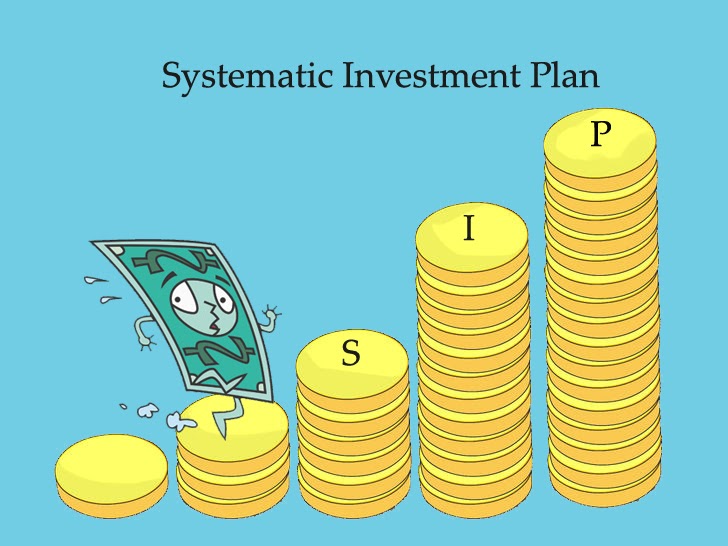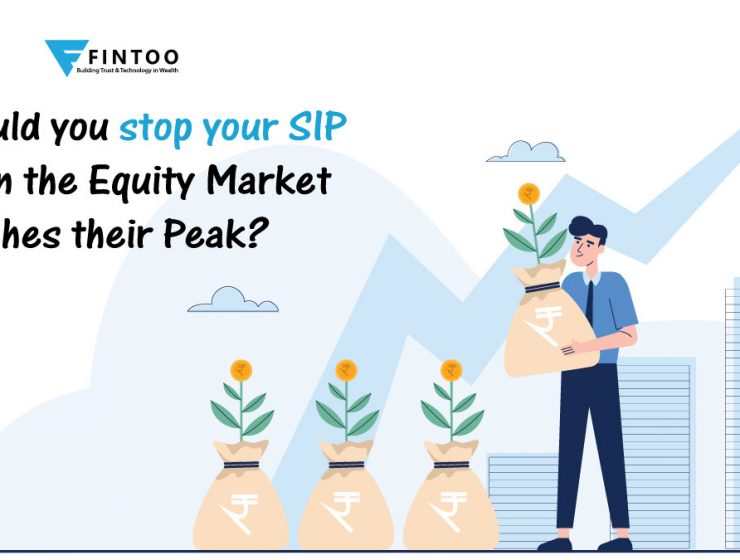

Current financial situation of almost all the households is suffering owing to COVID-19 pandemic. The reason being layoffs, salary cut, fewer employment opportunities, business going into losses because of low consumption. Amid all this, students’ education is also at stand still as regular classes could not be conducted with the country under lockdown.
As the lockdown has been extended for the third time in a row to stop the spread of coronavirus, technology is coming to rescue with the online classes.
Even if you are trying to manage the current scenario by forcing your kids to attend online classes organized by schools and other educational institutions, at the back of your mind, you would still be worried about your child’s higher education.
You are not alone. Most of the parents are worried about their children’s current education and also how the situation will turn into their child’s future as this pandemic is going to be with us for some time.
No need to worry about your child’s higher education, if it is a long term goal which is at least 5 years away. Early savings can do wonders. In this blog, we will talk about an amazing investment option called SIP.

Many of you might have heard of the investment tool SIP i.e. Systematic Investment Plan. It is one of the best investment tools for a person who wants to save to reach a specific goal or even for a beginner. It’s the power of compounding in a SIP, that allows the person to reach their goal at the specified time. Though the power of compounding can work it’s magic only, if the SIP is invested over a longer period of time.
Education has become very expensive, especially if you want to send your child abroad. To do a post graduation, you will not find any college that charges less than few lakhs, yes it is a big amount. We know that the prices are rising, and you can just take an estimate that Rs. 15 lakhs for a post graduation today, will be how much 10 to 15 years down the line?
Must Read: Everything you Need To Know About Debt Funds
It comes up to almost Rs 30 lakhs to Rs. 40 lakhs if we consider inflation at 5% to 7% for 15 years. Whenever you plan for any goal, in this case education, always consider the future value of the cost today. So that you know how much you need to invest to reach that goal and of course in how many years you will require it.

The power of compounding is the most simple words is when you earn ‘interest on interest’. Let me just give you a glimpse of what it means. The below table will help you understand it better:
| MONTHS | Opening Balance (Rs.) | SIP amount (Rs.) | Interest @ 12% p.a. (i.e. 1% per month) | Closing balance (Rs.) |
| 1 | 0 | 6000 | 60 (6000 x 1%) | 6060 |
| 2 | 6060 | 6000 | 120.6 (12060 x 1%) | 12180.6 |
| 3 | 12180.6 | 6000 | 181.806 (18180.6 x 1%) | 18362.406 |
As you can see in the above table, in the 2nd month, the interest is calculated on the previous month’s interest and SIP, as well as the new SIP. That is how the Power of compounding works.
Let’s say, Mr. Shetty wants to send his child to the US for his post graduation, when his son is 21 years. His son is currently 6 years old. He wants to start early planning because he knows the prices are only going to hike. He has considered the future value to be Rs. 50 lakhs. He also has Rs. 12000/- to spare every month as SIP in an equity fund, giving an average of 11%. Let us see if the monthly SIP can match his goal amount.
| FUND | SIP AMOUNT (RS.) | RATE OF RETURN | NO. OF YEARS | APPROX.FUTURE VALUE (RS.) |
| EQUITY | 12,000/- | 11% | 15 | 55,00,000 |
As you can see in the above table, he reached his goal and has some extra amount too. So the earlier you start, the better for you.
Now SIP in equity funds, can fetch higher returns than SIPs in debt funds. An equity market is volatile as you witness it currently and this is the major reason why it is a risky investment. Investors also search for the right time to invest in the equity market. When in reality, there’s no right time to invest in the market. What many investors don’t know is that you can benefit from the market when it is down too. How?

Well, this process is called Rupee Cost Averaging, this means you get more units at a discounted value. In a layman’s language it means, taking advantage of the market downfall, not literally but, just to understand what it’s about.
Example, If Mr. A, started a monthly SIP of Rs, 12000/-, check the below table to understand it better.
| MONTH | SIP (RS.) | NET ASSET VALUE (NAV) | UNITS (SIP/NAV) |
| 1 | 12000 | 10 | 1200 |
| 2 | 12000 | 8 | 1500 |
| 3 | 12000 | 6 | 2000 |
In the above table, you can see that lower the NAV, the more units you get. So when the market is high, you will profit only, as you will have more units. So you see there’s no right time to invest in the market.
If you already have some SIPs which are going on, it is strongly recommended that you don’t stop these SIPs looking at current fall in the equity markets owing majorly to global pandemic. Now you have understood that your SIPs will be advantageous in the long term and the reason being rupee cost averaging. So don’t stop your current SIPs and also you may start with new SIPs to have adequate corpus accumulated for children’s higher education.
Conclusion
All parents would want to give their children the best in life. Some may know how, some may not. But this can give you a head start. Everything is right in front of you, all you need to do is take that first step to provide a bright future for your child.
A financial planning platform where you can plan all your goals, cash flows, expenses management, etc., which provides you advisory on the go. Unbiased and with uttermost data security, create your Financial Planning without any cost on: http://bit.ly/Robo-Fintoo
To Invest and keep regular track of your portfolio download: Fintoo App Android http://bit.ly/2TPeIgX / Fintoo App iOS http://apple.co/2Nt75LP
Related Posts
Stay up-to-date with the latest information.


